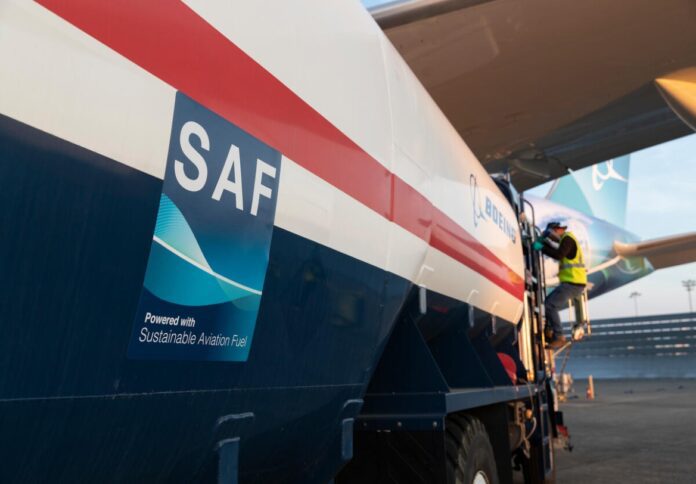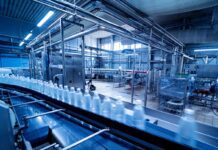
Australia’s national science agency CSIRO and Boeing have joined forces on a sustainable aviation fuel (SAF) Roadmap to establish consensus on developing an Australian SAF industry, identifying opportunities to generate and expand production using Australian feedstocks.
In a news release, CSIRO said that unlike conventional jet fuel, SAF is produced from renewable sources such as agricultural waste, animal fats and vegetable oils, dramatically reducing carbon emissions across the fuel’s life cycle, making it a more sustainable alternative for powering aircraft.
Max Temminghoff, CSIRO senior manager and primary roadmap author, stated that Australia is in a strong position to establish a domestic sector.
“By actively working to liberate feedstocks, the roadmap estimates that Australia is currently sitting on enough resources to produce almost 5 billion litres of SAF by 2025. This could supply nearly 60 per cent of jet fuel demand projected for that year,” Temminghoff said.
He added that a considerable and growing amount of Australia’s jet fuel demand can be satisfied with local resources such as agricultural waste and residues through a mix of feedstocks and established technology.
“To convert these feedstocks into viable jet fuel, the report identifies the Alcohol-to-Jet and the Fischer-Tropsch process – a process currently conducted at CSIRO’s Perth laboratory – as ideal technology options to propel a sovereign SAF industry.,” Temminghoff explained.
He urged the Australian government, industry, and research to collaborate to overcome fundamental barriers in realising the economic and environmental benefits of a domestic SAF industry.
According to the roadmap, the Australian SAF sector must handle challenges like feedstock availability, supply chain constraints, and compliance with global standards and regulations.
The roadmap also identifies biogenic materials, such as sugarcane, sawmill residues, and municipal solid waste, as key feedstocks in the short term, and hydrogen and CO2 as key feedstocks in the medium to long term.
The findings, according to Heidi Hauf, a Boeing Regional Sustainability Lead for APAC and co-author of the Roadmap, illustrate how a local SAF industry can support energy security and decarbonisation while also creating more local jobs and expanding export opportunities.
“The report identified the role the Australian Defence Force could play in kickstarting Australia’s SAF industry and also addressing Australian fuel security challenges,” Hauf said.
Meanwhile, CSIRO Energy Director Dr Dietmar Tourbier stated that the roadmap corresponds with the Federal Government’s recently formed Jet Zero Council, of which CSIRO and Boeing are members, and supports the commercial aviation industry’s aim to net-zero carbon emissions by 2050.
“The roadmap is part of the critical work CSIRO is undertaking to support Australia’s hardest to abate sectors to halve their emissions by 2035, and forms part of our Towards Net Zero Mission,” Dr Tourbier said.
For more information about the roadmap, you may visit this link.




















